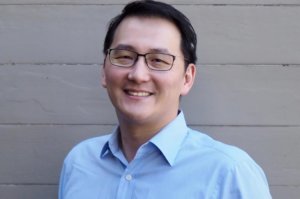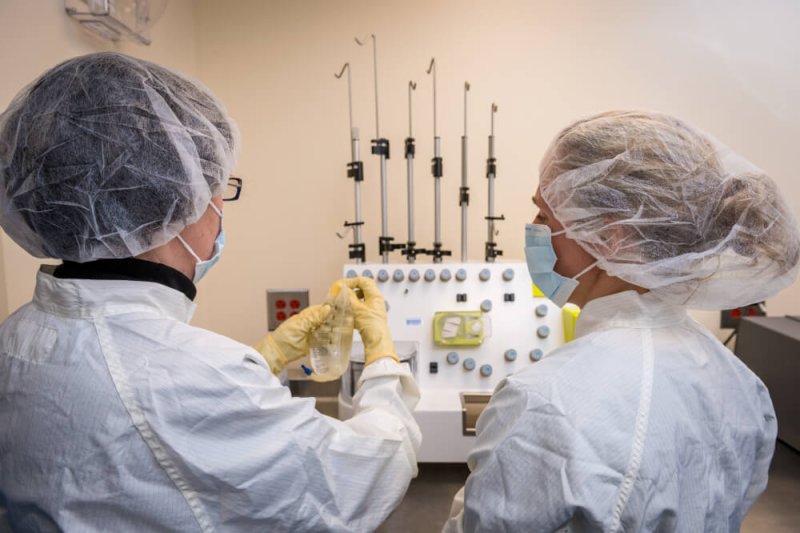While these treatments have proved to be quite effective against lymphoma and leukemia, with up to 80 percent of cancer patients responding, they’re still a work in progress. As SynBioBeta pointed out in April 2019:
For years, patients and doctors alike have begged for and predicted our exit from the so-called stone age of cancer treatment. With the advent of alternative therapies like chimeric antigen receptor T-cell (CAR-T) therapies, we are moving closer to such a future.
CAR-T …. “primes” the patient’s immune system — T cells, specifically — to better recognize and target cancerous cells …. One of the biggest issues with this approach, however, is that the targeted antigen is also expressed by non-cancerous cells. Like chemotherapy and radiation, current CAR-T therapies often kill healthy cells along with cancerous ones.

The solution, of course, is to develop more targeted cell-based treatments that eliminate tumors without otherwise harming the patient, and scientists are harnessing synthetic biology to produce this sort of highly specialized therapy. Senti Biosciences CEO and founder Dr. Tim Lu says synthetic gene circuits, biological constructs that direct cells to perform certain functions, are key to taking this next step in cancer treatment. Using gene circuits, Lu says, scientists can engineer cancer treatments that discriminate between tumor cells and healthy cells, and even counteract a tumor’s attempt to suppress the treatment. The company has conducted pre-clinical experiments showing that its gene circuit technology could effectively treat ovarian cancer and other solid tumors.
But a number of critical challenges have to be addressed before such a therapy reaches the clinic. Will it work outside the lab? And are doctors and regulators at the FDA on board? On this episode of Biotech Facts and Fallacies, Lu talks to GLP editor Cameron English about Senti’s progress toward “outsmarting complex diseases with more intelligent medicines.”
Podcast: Play in new window | Download
Subscribe: RSS
Tim Lu is the CEO of Senti Biosciences and an associate professor at MIT. He received his MD/PhD from MIT and Harvard. Follow Senti on Twitter @SentiBio
Cameron J. English is the GLP’s special projects editor. He is a science writer and podcast host. Follow him on Twitter @camjenglish
































